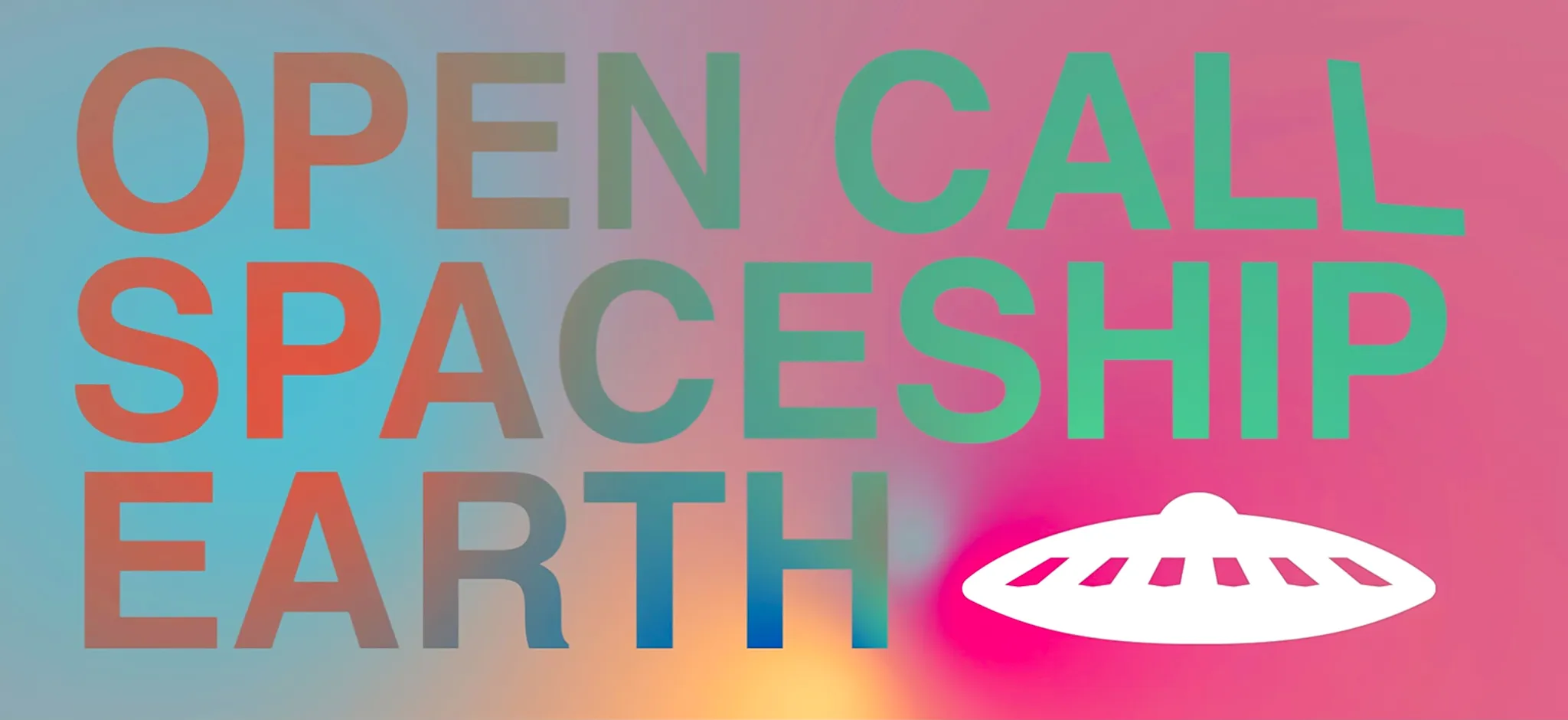Next Nature proudly presents the three winners of the very first Open Call: Philippa Beale, Puck van Dijk and Roanne van Voorst. Selected from over two hundred entries, they share their vision of the future of life on Earth. The selected works will feature prominently in the Spaceship Earth exhibition.
The jury evaluated the entries based on originality, artistic quality and their ability to make people reflect on the complex relationship between humans, technology and nature. The winning projects will become an essential part of Spaceship Earth, a large-scale exhibition about the future of evolution on Earth, which is currently in the works.
"The variety and quality of the submitted projects were impressive," said Mieke Gerritzen, curator of the Next Nature Museum. “We extend our gratitude to all participants for their inspiring contributions.”

© Ross McLennnan
Philippa Beale
Beale is developing a speculative organism—a type of starfish—that allows humans to breathe underwater. This could help if sea levels rise due to climate change. In the upcoming exhibition, visitors can watch these starfish grow in a laboratory where they are brought to life with the help of technology. Beale’s work challenges us to rethink our relationship with the ocean and adapt to the changing planet.

© Hessel Stuut
Puck van Dijk
Van Dijk is creating an interactive artificial intelligence (AI) art installation that connects visitors with underground organisms. Through small viewing holes in the ground, visitors can communicate with tiny creatures living beneath our feet. The project helps us gain a better understanding of the underground ecosystem and highlights our impact on this fragile world. Using artificial intelligence, the soil and its inhabitants are given a voice, allowing us to learn about their environment in a playful way. Van Dijk’s project reminds us of the delicate balance of ecosystems and humanity’s responsibility to protect them.

© Roeltje van de Sande Bakhuyzen
Roanne van Voorst
Van Voorst is developing a project that makes the workings of artificial intelligence understandable. Visitors experience the hidden processes that occur when we interact online, such as the influence of algorithms and the role of programmers, hackers and influencers on our behavior. The project also focuses on the ecological impact of our online activities, such as pollution. In a world where digital interactions are becoming increasingly important, her work encourages us to reflect on the ethics and sustainability of our online lives and to make the invisible visible.
Are you inspired by these visions? Join the Open Call 2025 and bring your idea to life! Contribute to the future of humanity, technology and nature. Who knows, your project might soon shine at the Next Nature Museum, inspiring thousands of visitors. Sign up here and become part of the Spaceship Earth adventure!


Comments (0)
Share your thoughts and join the technology debate!
No comments yet
Be the first to share your thoughts!